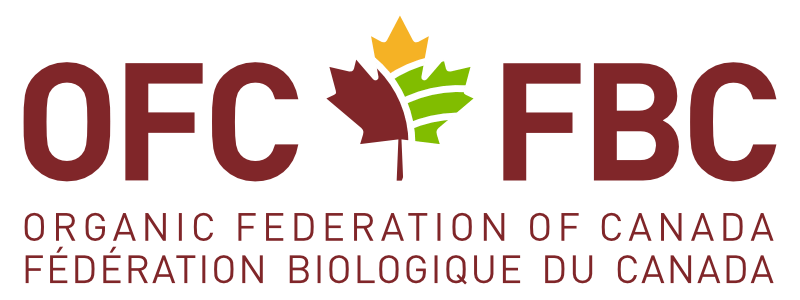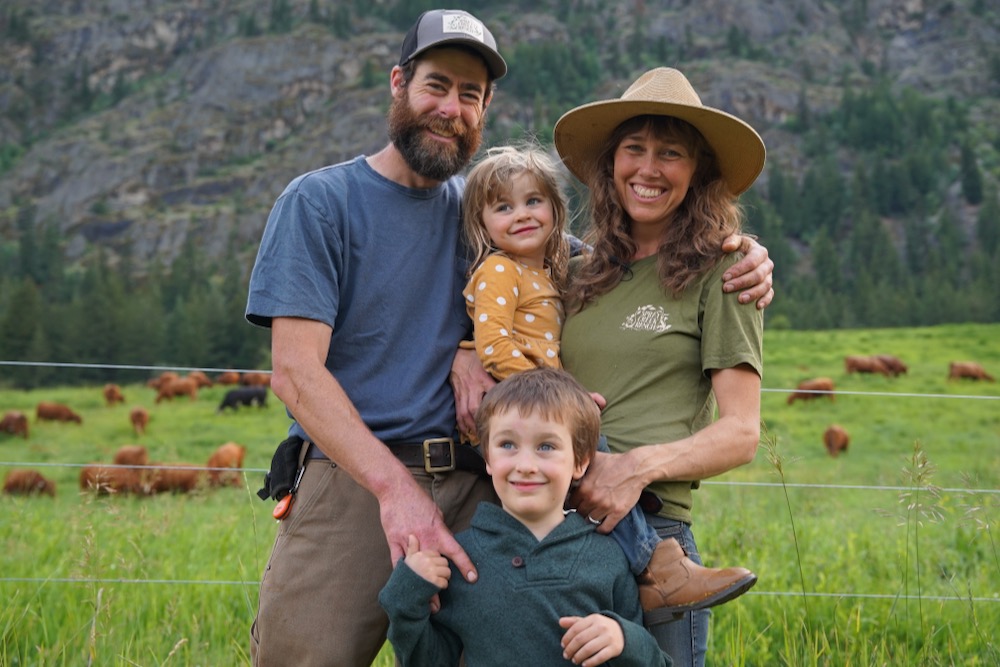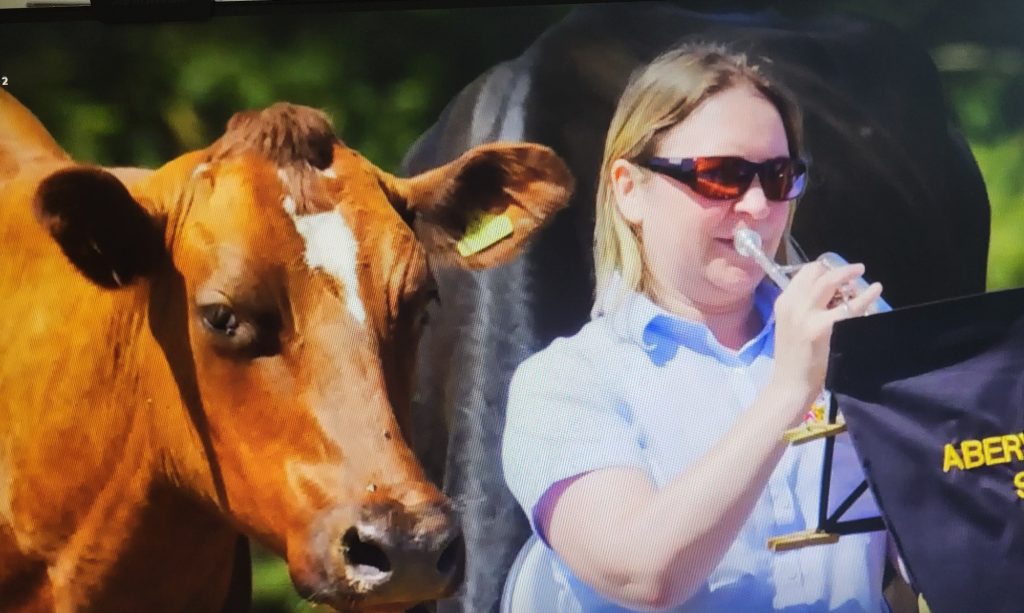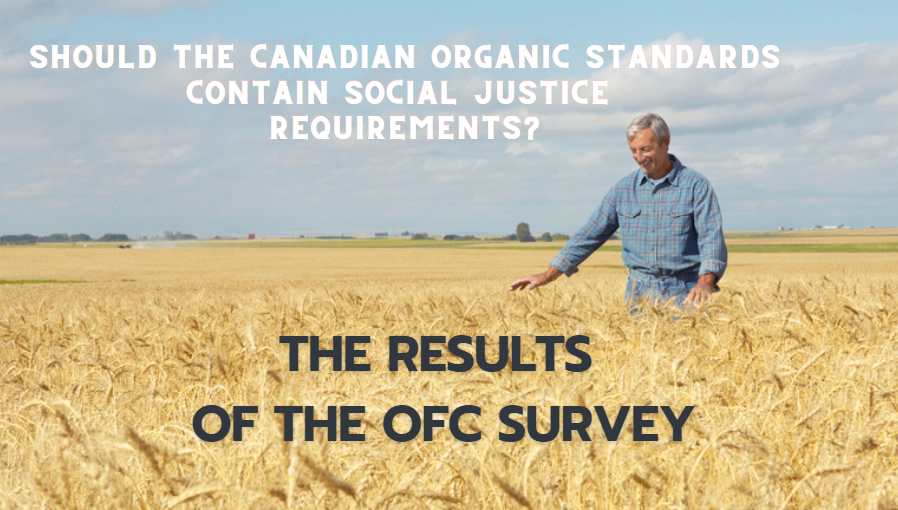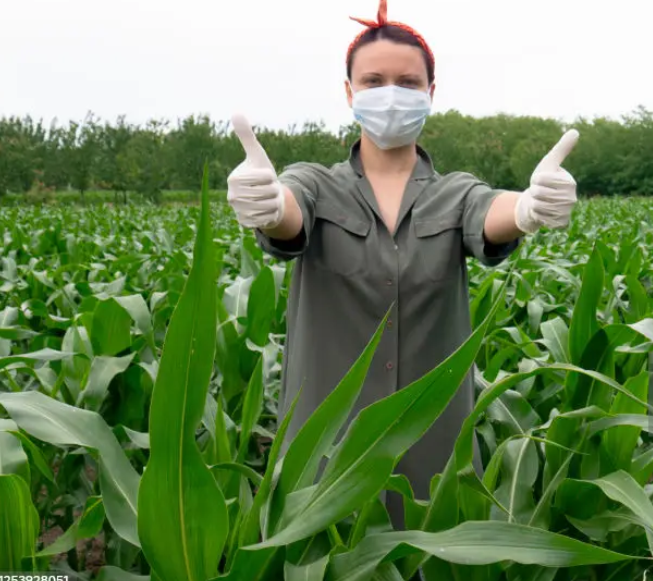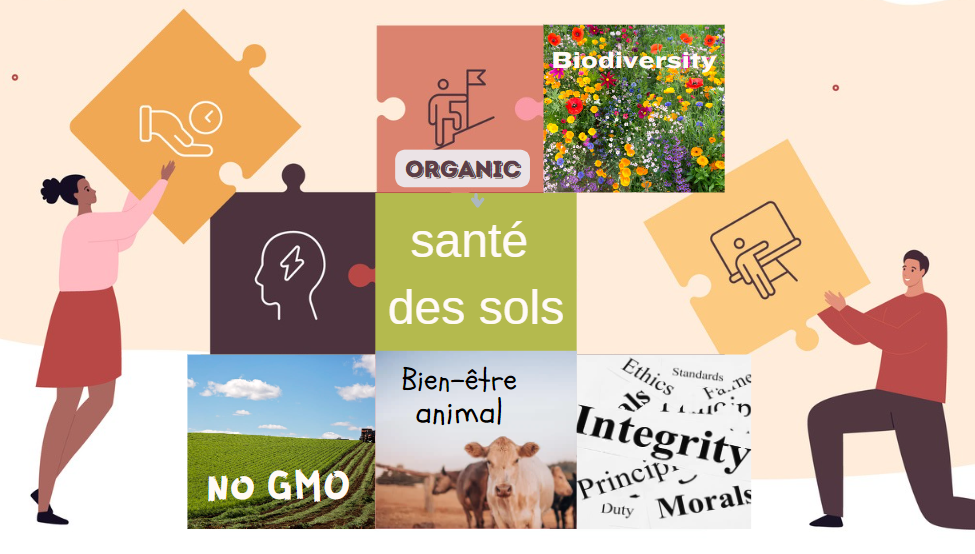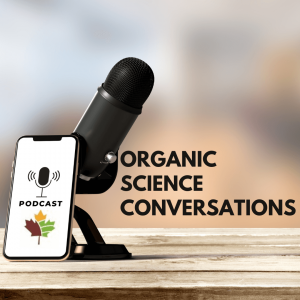Health Canada Glyphosate Public Consultation Window Extended
The Pest Management Regulatory Agency (PMRA) has extended the deadline for public consultation on their recommendation to increase the maximum residue levels (MRLs) of glyphosate on certain crops.
The proposed increase of glyphosate MRLs is up to three times the current allowable limits for certain crops.
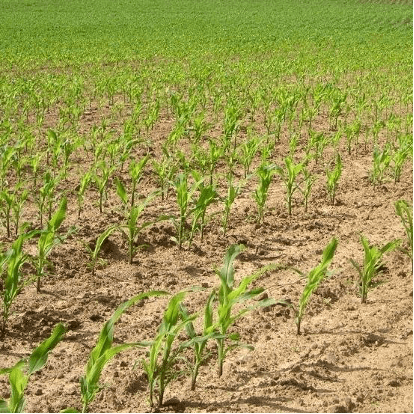
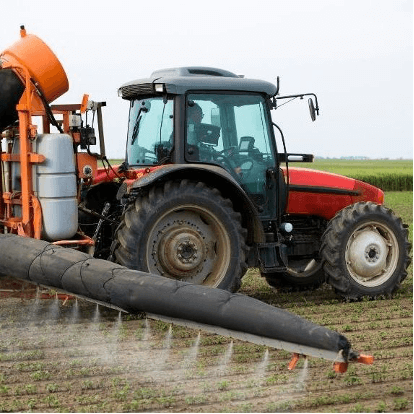
The new deadline to submit comments to Health Canada
is September 3rd
Link to Health Canada MRL Glyphosate Proposal
Link to Health Canada Consultation Form
For more information on the impacts of increased glyphosate MRLs, view the National Farmer’s Union Editorial Position
Organic as a Platform for Ecological Innovation in Agriculture
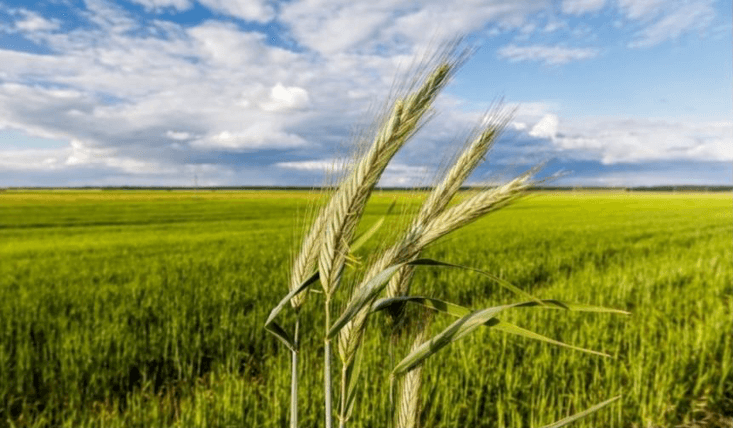
We know that organic agriculture is guided by principles of sustainability and regulated standards that guide and limit the options for agricultural practices and input use. These restrictions force farmers, and the researchers who support them, to find ecological solutions to challenges of maintaining soil fertility and managing pests while still being productive and profitable. With this in mind organic agriculture remains a valuable platform for ecological innovation that can serve all of agriculture.
How does organic agriculture compare to our conventional counterparts?
This presentation by Dr. Andrew Hammermeister (Director of the Organic Agriculture Centre of Canada at Dalhousie University and Margaret Graves was given as a keynote address at the TriSociety Conference of the Canadian Society of Agronomy, Canadian Society of Horticultural Science, and Canadian Phytopathological Society in July 2021. Learn more about how organic production systems are key to providing a platform for ecological innovation. As we move towards a period of increasing climate instability, the need for ecological innovation in agriculture becomes more pronounced than ever.
Climate Change and the Role of Organic

By Emma Bryce
It is estimated that agriculture contributes to around 25% of annual greenhouse gas emissions worldwide. As the climate becomes more erratic, changing weather patterns and rising temperatures are bringing into focus how agricultural practices can both help and hinder global warming, and how organic agriculture fits into the equation.
Just under half of those emissions are the result of land-use change, or the clearing of natural vegetation to make way for farmland that would otherwise be storing carbon dioxide. The other half of those emissions are related to farming practices themselves, such the release of nitrous oxide as a result of fertilizer use and methane production from livestock, and the fossil fuels used in production inputs.
While many proponents tout organic agriculture as the key to shifting food production in a more sustainable direction, critics point to a reduction in yield as the largest hurdle standing in the way of this goal. A recent study in Nature Communications analyzed how transitioning from conventional to organic farming practices would impact greenhouse gas emissions. While the study found that organic practice would reduce the climate pollution and emissions produced from conventional farming practices directly, it states that the reduced yield potential of organic systems (up to 40% less yield) meaning that it requires more land to produce the same amount of food, resulting in more land clearing and ultimately leading to greater emissions overall.
The Rodale Institute disagrees with this analysis and has conducted their own meta-analysis comparing conventional and organic farming systems in North America, with data showing that there is no statistical difference in yield between the two systems after comparing them over a 40 year period. In fact, while there is no statistical yield difference in years with average climatic conditions, in climate change scenarios, like years of drought, organic systems have been shown to have 30% greater yields than their conventional counterparts. Comparing conventional to organic systems is not straightforward due to the complex nature of organic production systems, including crop rotations, varied soil building practices, livestock integration, and a host of other ecosystem benefits and services.
The key issue that many studies detracting from organic agriculture fail to recognize is the sequestration potential of healthy soils and the role of biodiversity in healthy agroecological systems. A study published in Agriculture, Ecosystems and the Environment found that when using certain best management practices, organic farming is able to bolster the soil’s carbon sequestration potential by 18% and increase soil microbial biomass carbon by an average of 30%. The most influential best management practices on overall soil health include using organic soil amendments, conservation tillage, and the use of cover crops. The study found that using best practices, especially in relation to soil amendments, can boost soil carbon sequestration potential by an average of 24%.
Organic farming has been shown to have greater ecological benefits compared to conventional practices, including reduced pesticide use and exposure, a decrease in eutrophication, enhanced biodiversity, reduced consumption of non-renewable resources, and a potential increase in carbon sequestration potential for well-managed soils. The combined ecosystem services produced by organic agriculture need to be accounted for. Focusing solely on GHG emissions rather than looking at ecosystem services as a whole would be short-sighted and irresponsible. The all-or-nothing argument for organic agriculture is potentially misleading and distracting. Context- and site-specific evaluations would allow for a better understanding of where organic production is more appropriate and effective in addressing GHG emissions and where it may not be.
What this highlights is the need for more research concerning the sequestration potential of organic soils, as well as the overall efficiency of complex diversified farming systems and the additional ecosystem services they provide.
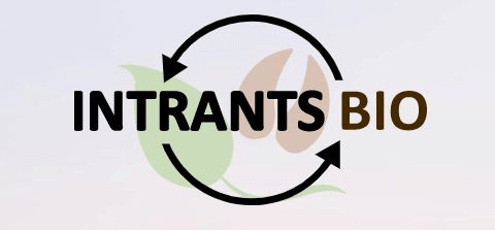
Introducing a new tool to help identify organic-approved veterinary products! The website is currently available in French only.
INTRANTS BIO is a search tool that lists the veterinary products used in the main livestock operations in Quebec. It allows you to find out if a product is authorized for use in organic livestock production and to know the conditions of use. A search can be done by entering the trade name or the name of the supplier, or by selecting the product category.

